
The CAR-T, marketed as Kymriah, showed a 4-year overall survival rate of 79.3% and a median progression-free survival of 53.3 months.

The CAR-T, marketed as Kymriah, showed a 4-year overall survival rate of 79.3% and a median progression-free survival of 53.3 months.
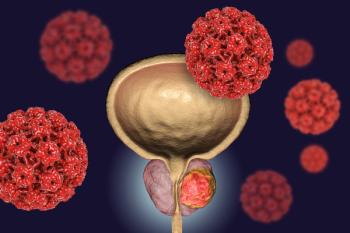
The efficacy of the novel intravesical gene-mediated therapy nadofaragene firadenovec was sustained across subgroups of patients with high-grade, BCG-unresponsive non-muscle invasive bladder cancer.
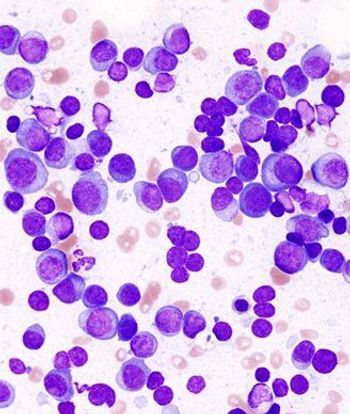
The BCMA-targeting CAR T-cell therapy yielded a response in73% of patients with heavily pretreated relapsed/refractory multiple myeloma.

The FDA has granted a breakthrough therapy designation to fam-trastuzumab deruxtecan-nxki for the treatment of patients with HER2-positive metastatic non–small cell lung cancer.

The FDA has issued a Refusal to File letter to Bristol Myers Squibb and bluebird bio, Inc., regarding their Biologics License Application (BLA) for the BCMA-directed CAR T-cell therapy decabtagene vicleucel.

Findings from the pivotal phase II ZUMA-2 trial of KTE-X19 as a treatment for adult patients with relapsed/refractory mantle cell lymphoma were published in the New England Journal of Medicine, as the FDA considers a biologics license application for the CAR T-cell therapy for an approval in this setting.

The Chinese National Medical Products Administration has approved almonertinib (Ameile; HS-10296) for the treatment of patients with EGFR T790M mutation–positive non–small cell lung cancer who have progressed on or after other EGFR TKI therapy.

The BCMA-directed CAR T-cell therapy JNJ-4528 achieved a 100% overall response rate with early and deep responses in 29 patients with heavily pretreated relapsed/refractory myeloma.

Anti-BCMA directed treatments, including CAR T-cell therapy, bispecific antibodies, and antibody-drug conjugates, have the potential to revolutionize the multiple myeloma treatment paradigm. At the 37 Annual CFS®, Sham Mailankody, MBBS, discussed the emerging BCMA-directed therapies that have shown the greatest potential.

The CAR T-Cell therapy MB-102 has been granted an Orphan Drug Designation by the FDA, according to Mustang Bio, Inc, the manufacturer of the investigational treatment.
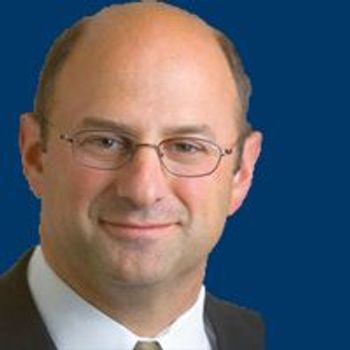
The FDA has granted brentuximab vedotin a breakthrough therapy designation for use in combination with chemotherapy for the frontline treatment of patients with CD30-expressing peripheral T-cell lymphoma.

The FDA has approved single-agent nivolumab for the treatment of patients with small cell lung cancer with disease progression following 2 or more lines of therapy.

The FDA has approved mogamulizumab for the treatment of patients with cutaneous T-cell lymphoma who have received at least 1 prior systemic therapy.

Ixazomib (Ninlaro) improved progression-free survival compared with placebo as a maintenance therapy in adult patients with multiple myeloma who responded to high-dose therapy and autologous stem cell transplant.

The European Medicines Agency’s Committee for Medicinal Products for Human Use has recommended approval of tisagenlecleucel for the treatment of either adult patients with diffuse large B-cell lymphoma that is relapsed or refractory after 2 or more lines of systemic therapy, or patients up to 25 years of age with B-cell acute lymphoblastic leukemia that is refractory, in relapse posttransplant, or in second or later relapse.

The FDA has granted an accelerated approval to pembrolizumab for the treatment of adult and pediatric patients with refractory primary mediastinal large B-cell lymphoma, or those who have relapsed after 2 or more prior lines of therapy.

The FDA has granted crizotinib a breakthrough therapy designation for the treatment of patients with metastatic non–small cell lung cancer with MET exon 14 alterations, and for use in patients with relapsed/refractory ALK+ anaplastic large cell lymphoma.

The FDA has approved tisagenlecleucel (Kymriah) for use in adult patients with relapsed/refractory large B-cell lymphoma—including diffuse large B-cell lymphoma (DLBCL), high-grade B-cell lymphoma, and DLBCL arising from follicular lymphoma—after 2 or more lines of systemic therapy.

The FDA has granted a priority review to a supplemental biologics license application for nivolumab (Opdivo) for the treatment of patients with small cell lung cancer with disease progression following 2 or more lines of therapy.

The European Medicines Agency’s Committee for Medicinal Products for Human Use has recommended against approving sunitinib for use as an adjuvant therapy in patients with renal cell carcinoma who have received nephrectomy and are high risk for recurrence.

The FDA has granted a priority review to the CAR T-cell therapy tisagenlecleucel for adult patients with relapsed/refractory DLBCL who are ineligible for or relapse after autologous stem cell transplant.

The combination of the CAR T-cell therapy axicabtagene ciloleucel and the PD-L1 inhibitor atezolizumab was highly active with a manageable safety profile in patients with refractory DLBCL enrolled in the phase I/II ZUMA-6 trial.

The FDA has granted the combination of the PD-1 inhibitor pembrolizumab and the VEGF/FGF inhibitor lenvatinib a breakthrough therapy designation for the treatment of patients with advanced and/or metastatic renal cell carcinoma.

The FDA has granted the PD-L1 inhibitor avelumab a breakthrough therapy designation for use in combination with the VEGF inhibitor axitinib in treatment-naïve patients with advanced renal cell carcinoma.

The CAR T-cell therapy tisagenlecleucel (Kymriah) achieved an overall response rate of 53.1% in adult patients with relapsed/refractory diffuse large B-cell lymphoma.
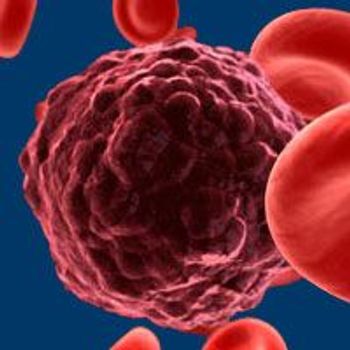
The FDA has granted a priority review to a biologics license application for mogamulizumab for the treatment of patients with cutaneous T-cell lymphoma who have received at least 1 prior systemic therapy.
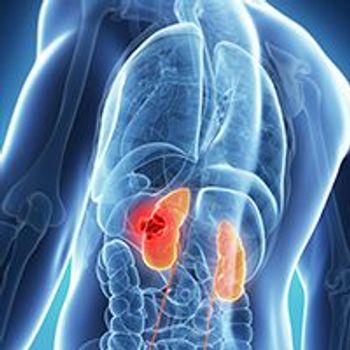
The addition of incomplete metastasectomy to systemic therapy improved median overall survival by 3 months in patients with metastatic renal cell carcinoma.

The FDA has approved sunitinib (Sutent) for use as an adjuvant therapy in patients with renal cell carcinoma who have received nephrectomy and are high risk for recurrence.

The FDA has approved brentuximab vedotin (Adcetris) as a treatment for patients with cutaneous T-cell lymphoma who have received prior systemic therapy.

The FDA’s Oncologic Drugs Advisory Committee voted 6-6 on the potential approval of sunitinib for use as an adjuvant therapy in patients with renal cell carcinoma who have received nephrectomy and are at high risk of recurrence.
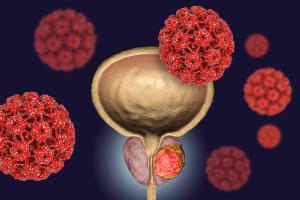
Published: December 4th 2020 | Updated:
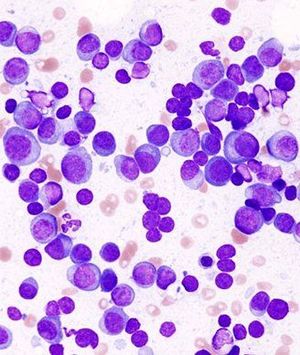
Published: June 6th 2020 | Updated:

Published: January 13th 2018 | Updated:
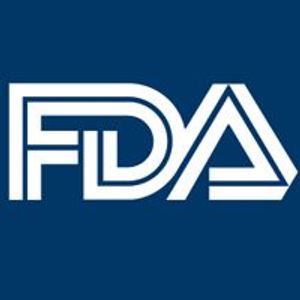
Published: May 18th 2020 | Updated:

Published: September 15th 2016 | Updated:

Published: August 17th 2018 | Updated: